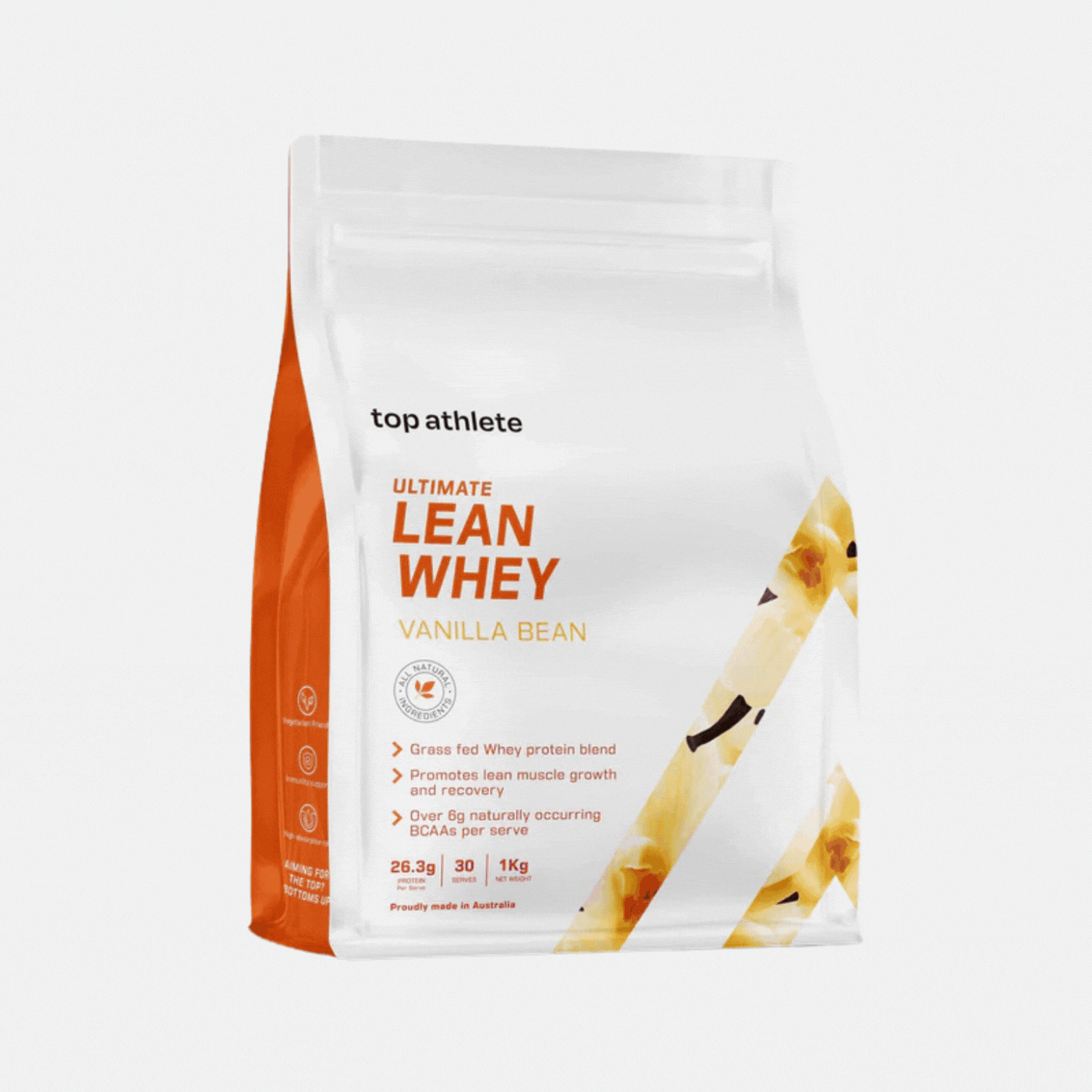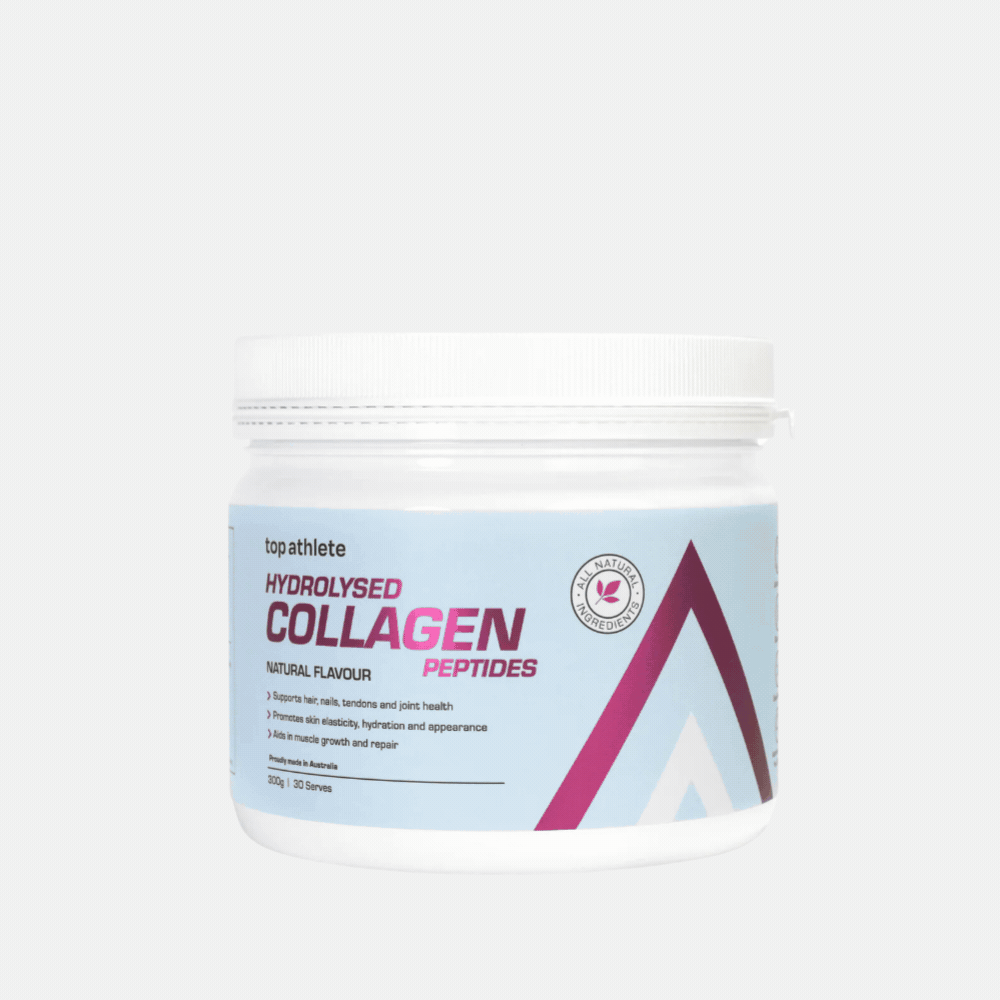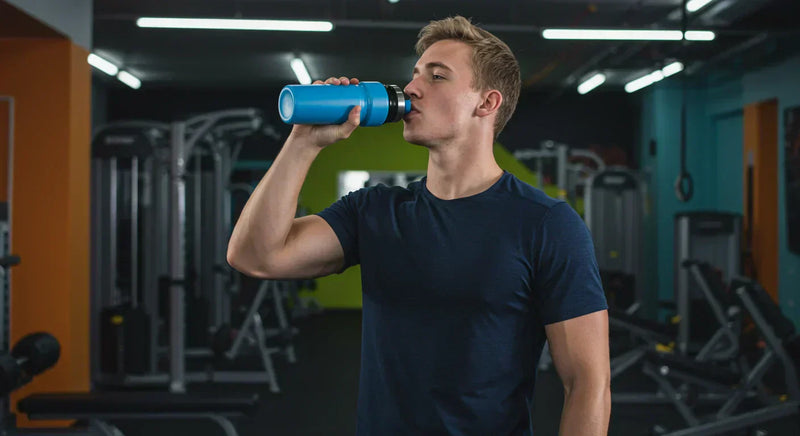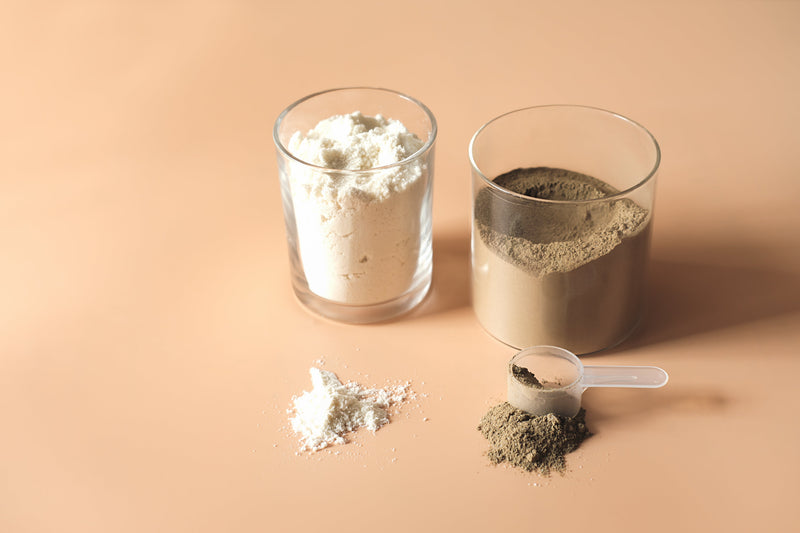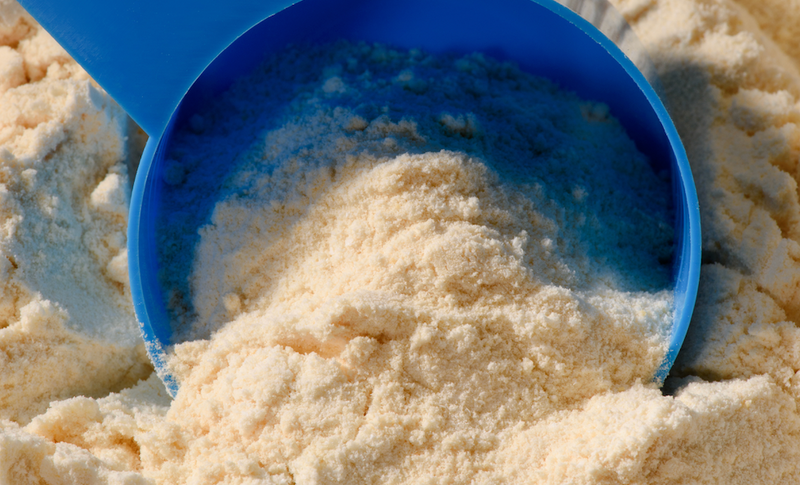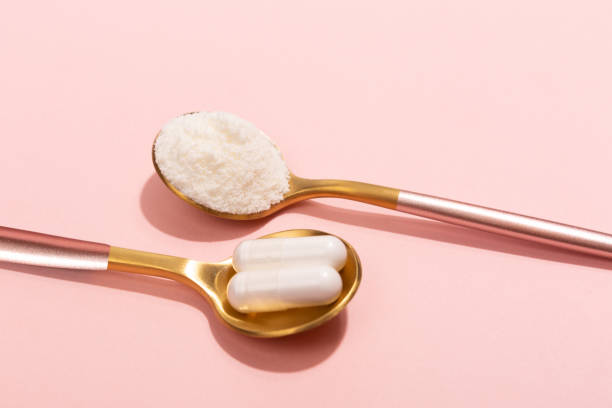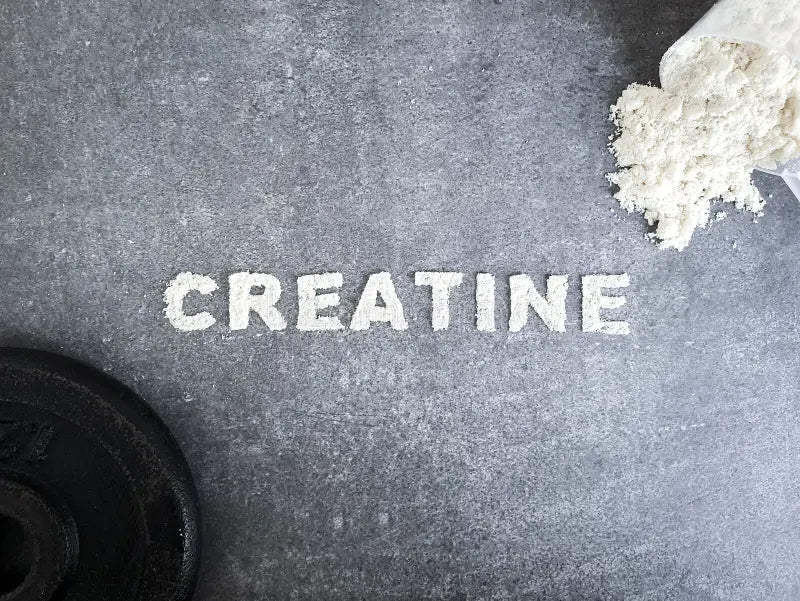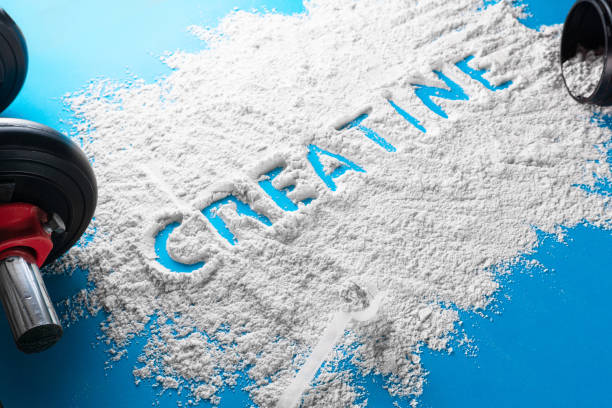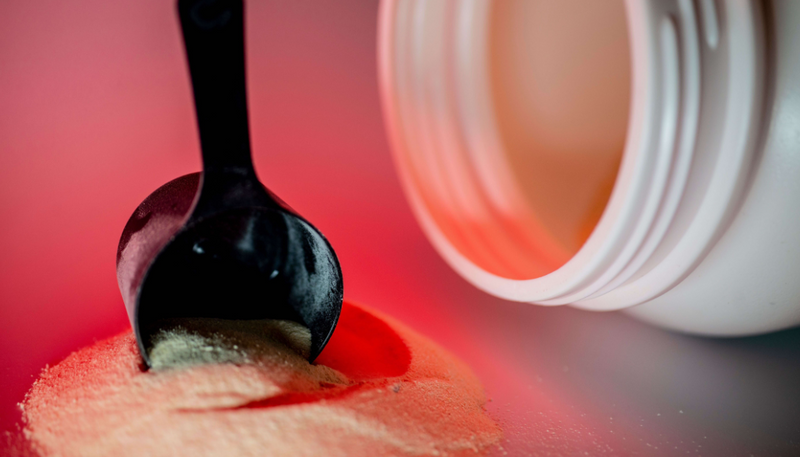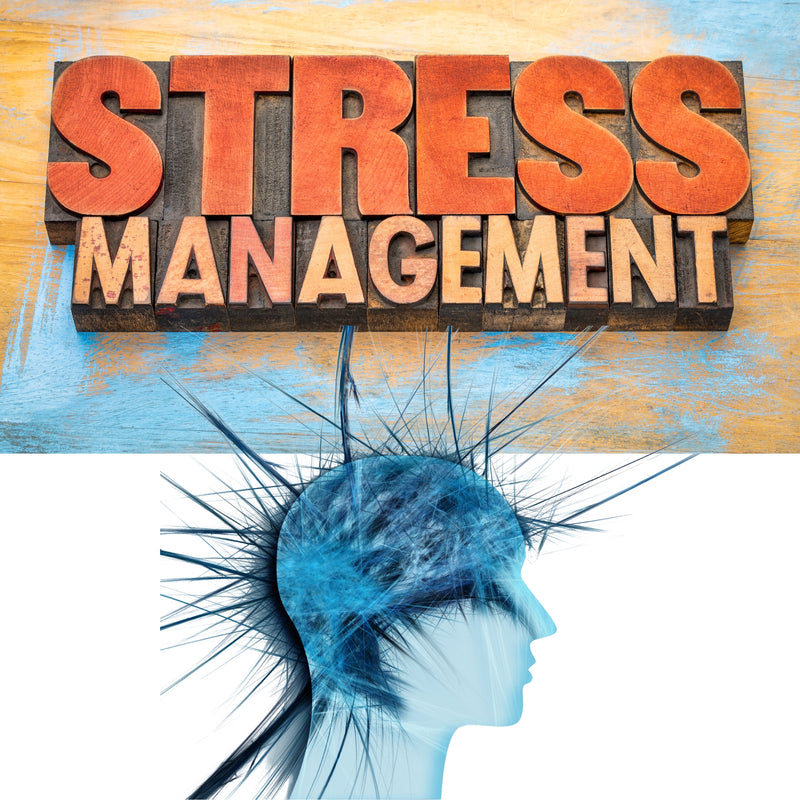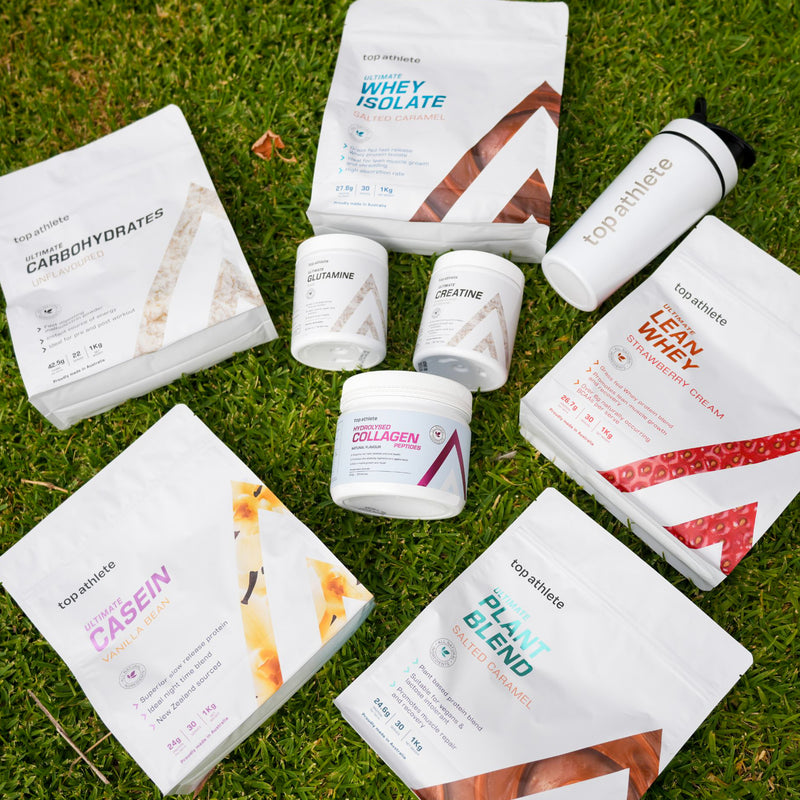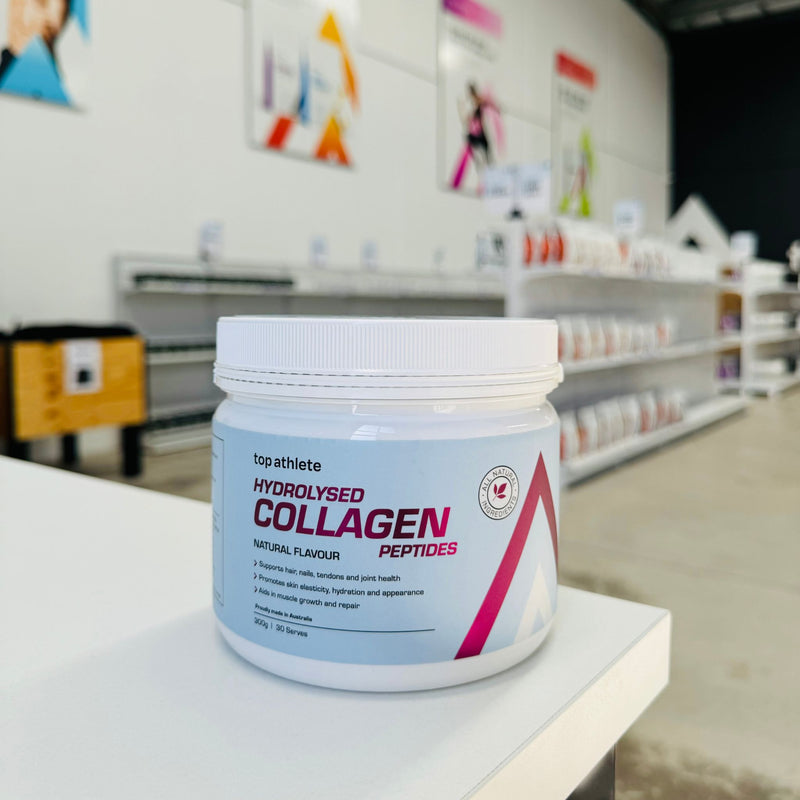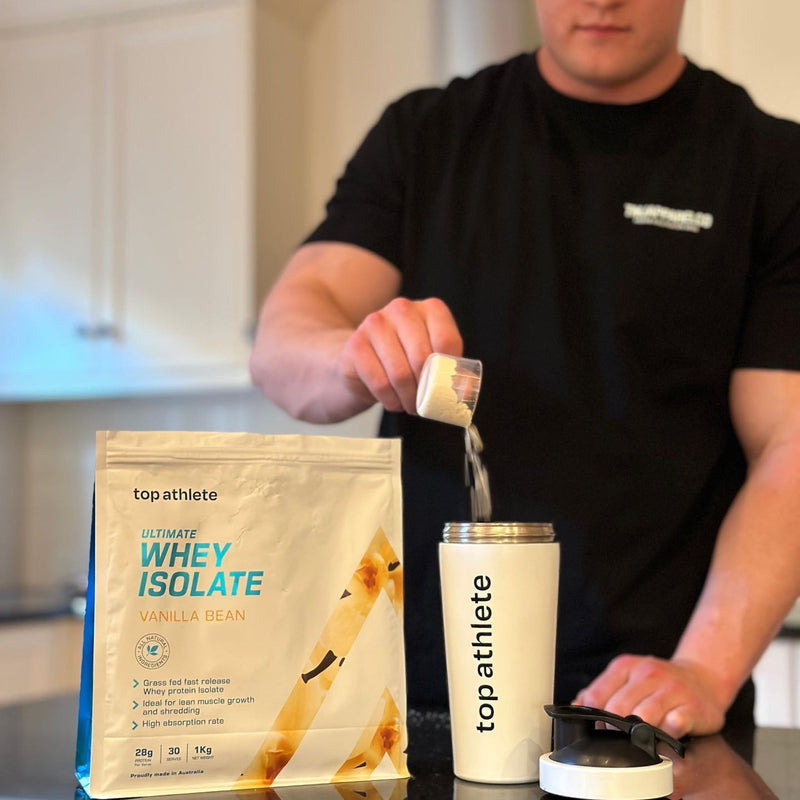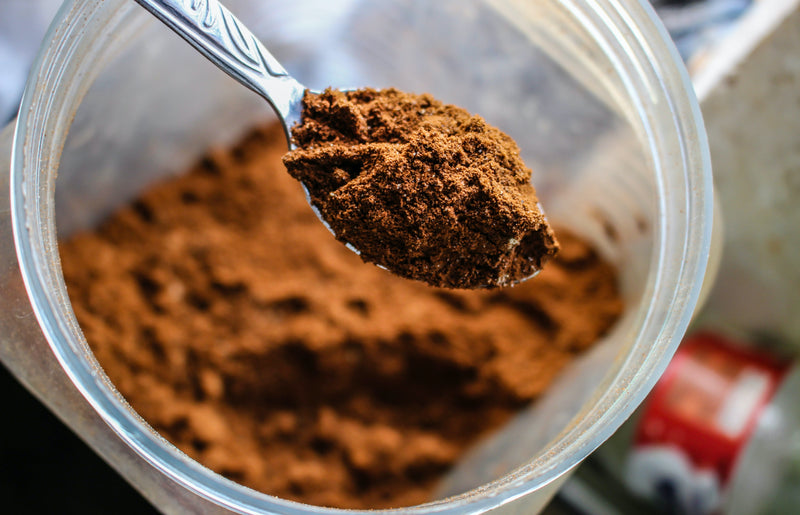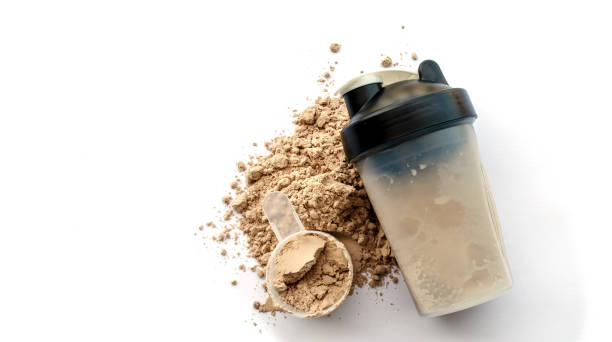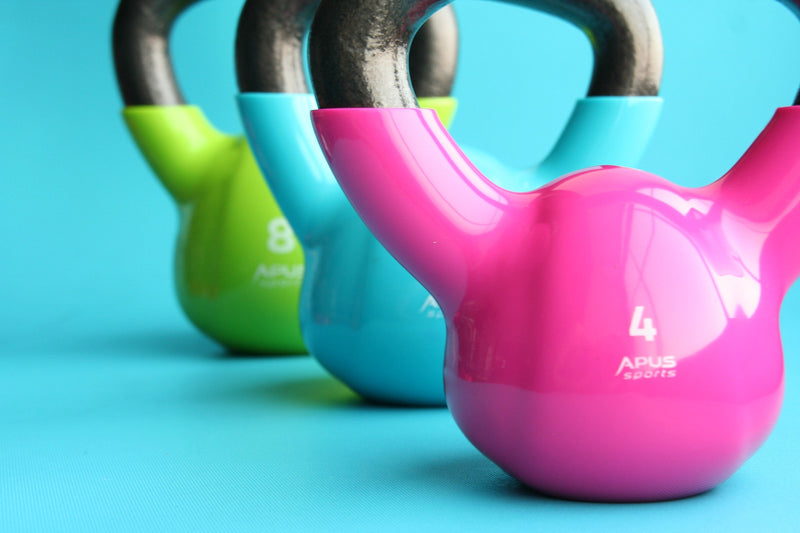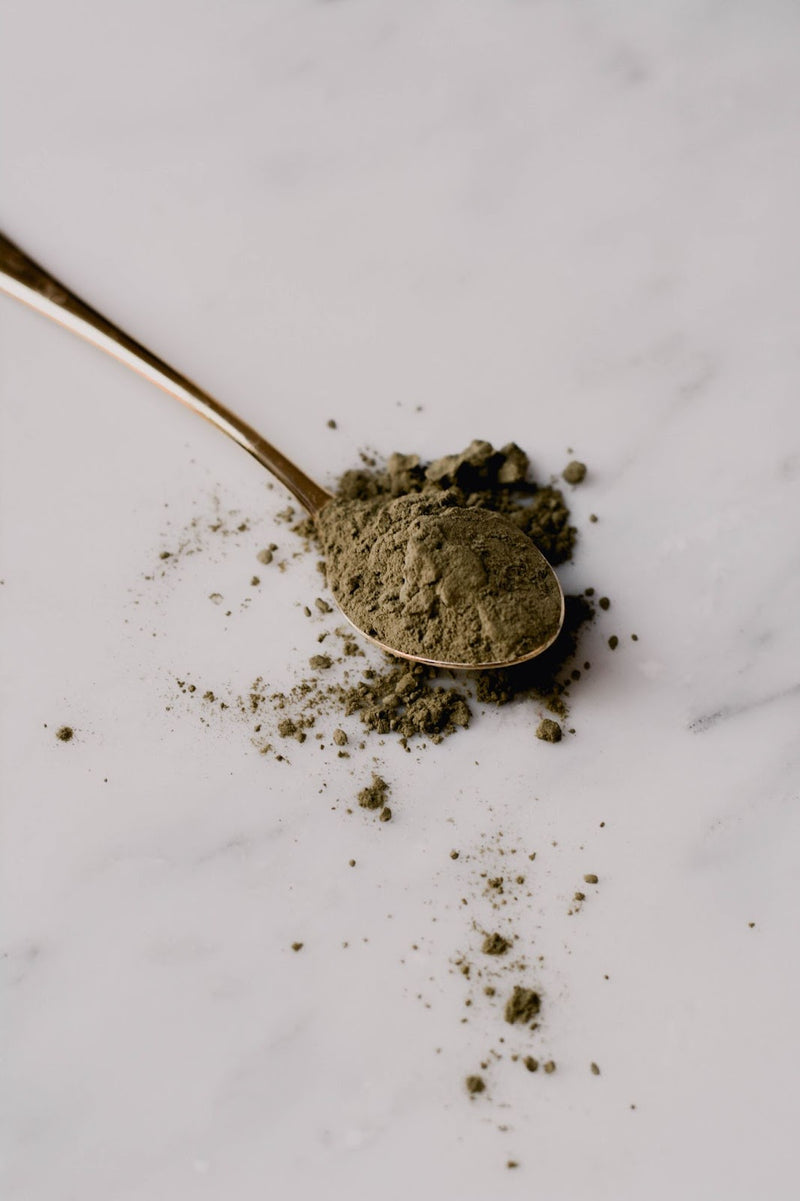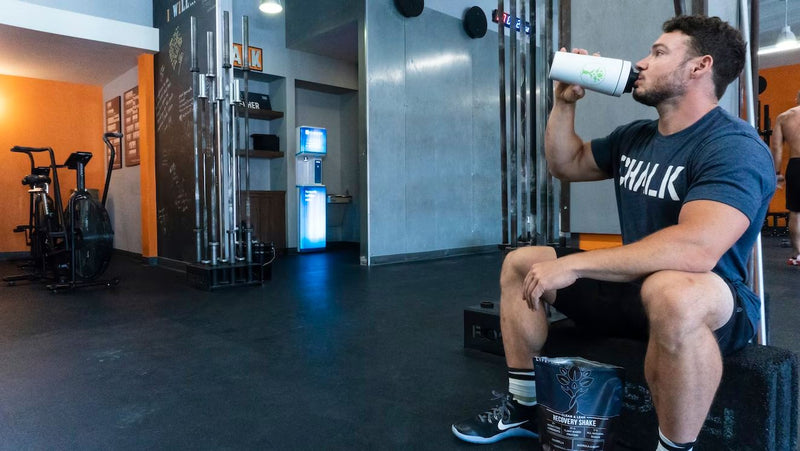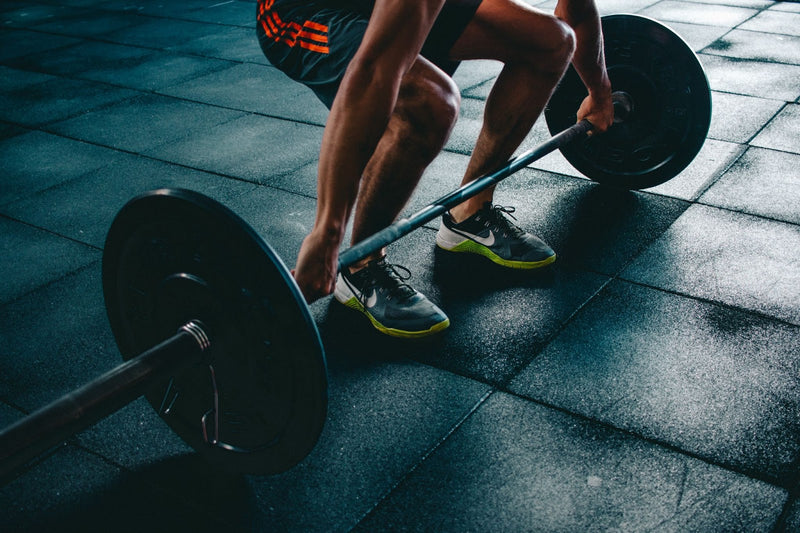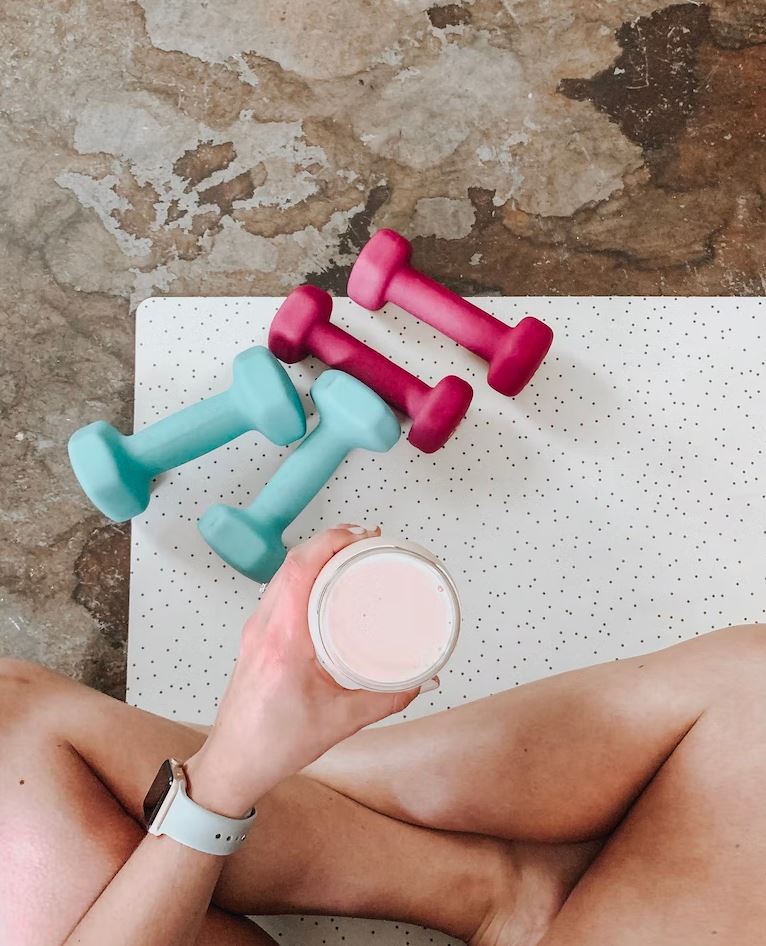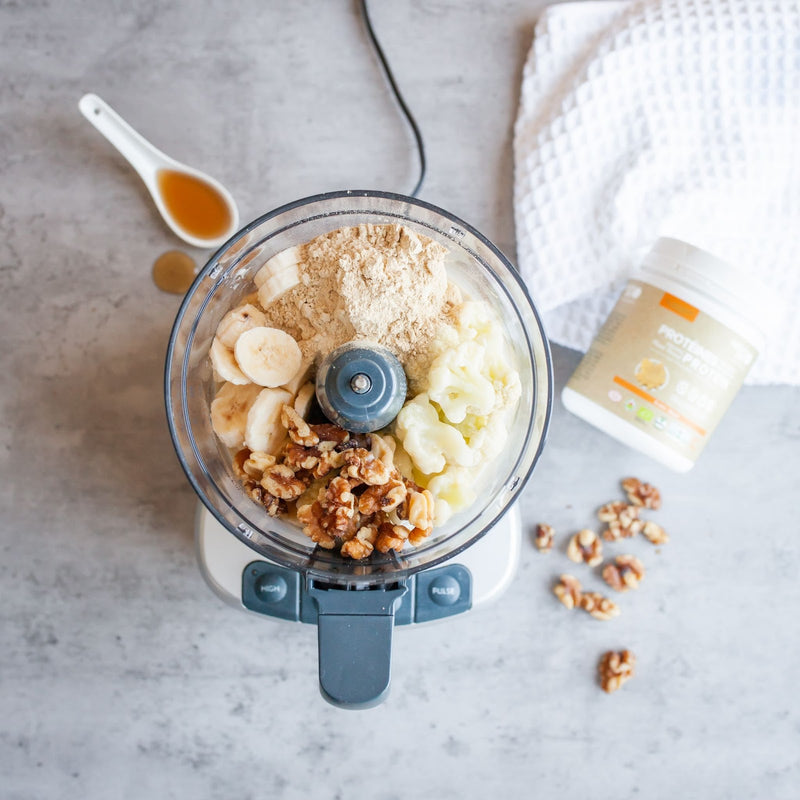Creatine is a naturally occurring compound crucial for ATP production, the body's primary energy source.
It is synthesized from amino acids and can be obtained through dietary sources like meat and fish.
2. How Does Creatine Work?
Creatine is converted into phosphocreatine, replenishing ATP during high-intensity activities.
This process delays fatigue, allowing for more prolonged and more intense workouts.
3. What Are The Forms of Creatine:
Creatine Monohydrate:The most researched and cost-effective form. It has consistently shown positive results in numerous studies.
Creatine Hydrochloride (HCL):A more soluble form that some claim may reduce bloating, but research comparing its efficacy to monohydrate is limited.
Creatine Ethyl Ester:Marketed as having better absorption, but scientific evidence supporting its superiority is lacking.

4. What is Creatine Monohydrate? Creatine Monohydrate is the most well-researched and widely used form of creatine. It consists of creatine combined with a water molecule (monohydrate). Creatine monohydrate is known for its effectiveness, safety, and affordability. It has been extensively studied and shown to improve strength, power, and exercise performance.
5. What are the benefits of taking Creatine?
Increased muscle strength:Creatine supplementation has been shown to enhance the body's ability to produce energy during high-intensity, short-duration activities like weightlifting and sprinting. This can lead to improved muscle strength and power output.
Enhanced exercise performance: Creatine has been extensively studied for its positive effects on exercise performance. It can help increase the number of repetitions performed during resistance training, improve sprint performance, and boost overall athletic performance.
Muscle growth and hypertrophy: By promoting water retention within muscle cells and stimulating protein synthesis, creatine can lead to an increase in muscle size and mass over time. This is particularly beneficial for individuals engaged in resistance training and bodybuilding.
Faster muscle recovery: Creatine has been suggested to reduce muscle cell damage and inflammation, potentially leading to faster recovery after intense exercise sessions.
Improved cognitive function: Some research indicates that creatine may have neuroprotective effects and could enhance certain aspects of cognitive function, such as memory and processing speed. However, more studies are needed to fully understand the extent of these effects.
Increased anaerobic endurance: Creatine may enhance the body's ability to perform high-intensity, short-duration activities without relying heavily on oxygen, which can be beneficial for activities like sprinting and jumping.
Safe and well-tolerated: Creatine is generally considered safe for most people when taken within recommended doses. It has been extensively studied, and there is a substantial body of research supporting its safety and effectiveness.
6. What is Creatine Loading?
Creatine loading involves taking higher doses of creatine supplements for a short period, typically five to seven days, to rapidly saturate the muscles with creatine. The usual approach is to consume around 20 grams of creatine per day, divided into 4 equal doses throughout the day.
The idea behind creatine loading is to quickly elevate muscle creatine levels to experience the benefits of increased strength, power, and exercise performance sooner than with a regular maintenance dose. After the loading phase, individuals usually switch to a lower maintenance dose to maintain elevated creatine levels in the muscles.
**With Creapure® Creatine, a loading phase is not required**
7. How to take Creatine?
Add 5g pre or post workout to 200ml water, protein shake or a beverage of your choice. Ideal to take post workout with protein and a carbohydrate blend to maximise benefits or in the morning.
Consume 1-2 times daily. A loading phase is not required.
8. When to take Creatine?
Pre-Workout:Taking creatine before your workout is a popular option. Consuming it about 30 minutes before your exercise session allows it to be readily available during your training, potentially enhancing your performance.
Post-Workout:Some people prefer taking creatine immediately after their workout. This timing ensures that the creatine is absorbed and available during the crucial post-workout recovery phase.
Anytime:Creatine can be taken at any time of the day, regardless of whether you plan to exercise. The important factor is to be consistent with your daily intake.
Combining with Carbohydrates:Taking creatine with a carbohydrate source, like a sports drink or fruit juice, can enhance its absorption. Carbohydrates trigger an insulin release, which helps shuttle creatine into the muscles.
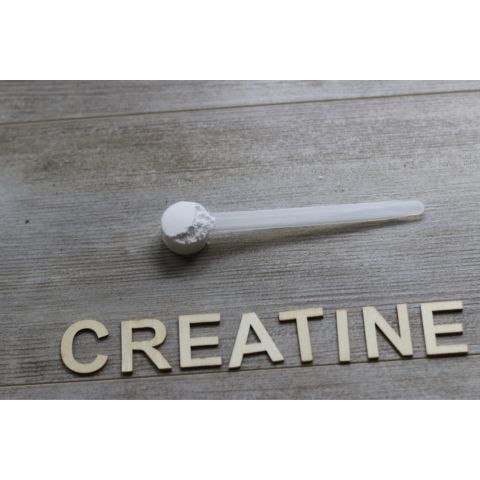
9. Can Creatine Help With Weight Loss?
Yes, creatine can potentially aid in weight loss, although its primary benefits are more closely associated with muscle performance and growth. Here's how creatine may indirectly contribute to weight loss:
Increased Metabolic Rate:Creatine can enhance muscle mass, and more muscle tissue generally requires more energy at rest. This increase in muscle mass can contribute to a higher resting metabolic rate, potentially assisting in weight management.
Improved Exercise Performance:Creatine supplementation has been shown to enhance strength, power, and overall exercise performance. By improving workout intensity and duration, creatine can contribute to a higher calorie burn during and after exercise, supporting weight loss efforts.
Reduced Fatigue and Improved Training Consistency:Creatine helps replenish ATP, the primary energy source for short bursts of high-intensity exercise. By delaying fatigue, creatine enables individuals to maintain or increase workout intensity, leading to more effective calorie-burning sessions over time.
10. Which Creatine is best?
Creatine Monohydrate by Creapure® is the most widely studied form of creatine and is proven to be safe, effective and most reliable in the market: developed & manufactured in Germany by AlzChem Trostberg GmbH.
They utilize a patented process to ensure that their creatine monohydrate is free from impurities and contaminants, making it a trusted choice among consumers and athletes.
11. Any side effects of taking Creatine?
Some people may experience potential side effects, which can include:
Gastrointestinal issues: Some individuals may experience stomach cramps, nausea, diarrhea, or bloating when taking creatine supplements. These effects are generally mild and can be minimized by staying adequately hydrated.
Weight gain: Creatine supplementation can lead to an increase in water retention within muscle cells, which may result in a slight increase in body weight. This water weight gain is temporary and not indicative of actual muscle growth.
Muscle cramps: In some cases, people using creatine may experience muscle cramps, although this is relatively rare.
12. Can Creatine Cause Hair Loss?
There is no scientific evidence to suggest that creatine causes hair loss.
Hair loss can be influenced by various factors, including genetics, hormonal changes, age, medical conditions, and certain medications. While some supplements or medications may have side effects, there is no credible evidence linking creatine supplementation to hair loss.
13. Can Creatine Cause Acne?
There is limited scientific evidence to directly link creatine supplementation to acne.
Acne is a skin condition primarily caused by factors such as excess sebum production, clogged hair follicles, bacterial activity, and inflammation. There is some speculation that creatine supplementation may increase the production of dihydrotestosterone (DHT), a hormone linked to acne development. However, the evidence supporting this connection is not substantial, and more research is needed to establish a definitive link.
14. Can taking Creatine have an impact on Kidneys?
Here's what the current scientific understanding says about creatine and its relationship with the kidneys:
Kidney Function in Healthy Individuals: Numerous studies have investigated the effects of short-term creatine supplementation on kidney function in healthy individuals, and the evidence suggests that creatine does not cause any significant adverse effects on kidney function in healthy people.
Pre-existing Kidney Conditions: Individuals with pre-existing kidney conditions, such as chronic kidney disease (CKD), should exercise caution when considering creatine supplementation. In such cases, creatine consumption may potentially worsen kidney function or cause additional strain on the kidneys. Therefore, if you have kidney issues or concerns, it is essential to consult with a healthcare professional before using creatine as a supplement.
Proper Hydration: Staying well-hydrated is crucial for those taking creatine supplements, as it can help reduce the concentration of creatinine in the blood and may alleviate potential stress on the kidneys.
Dosage and Duration: The safety of creatine supplementation largely depends on the dosage and duration of use. Most studies have examined the effects of short-term creatine supplementation (typically up to several months), and data on long-term use are more limited. It is advisable to follow the recommended dosage guidelines and avoid exceeding the suggested usage period.
Checkout Top Athlete Ultimate Creatine here
